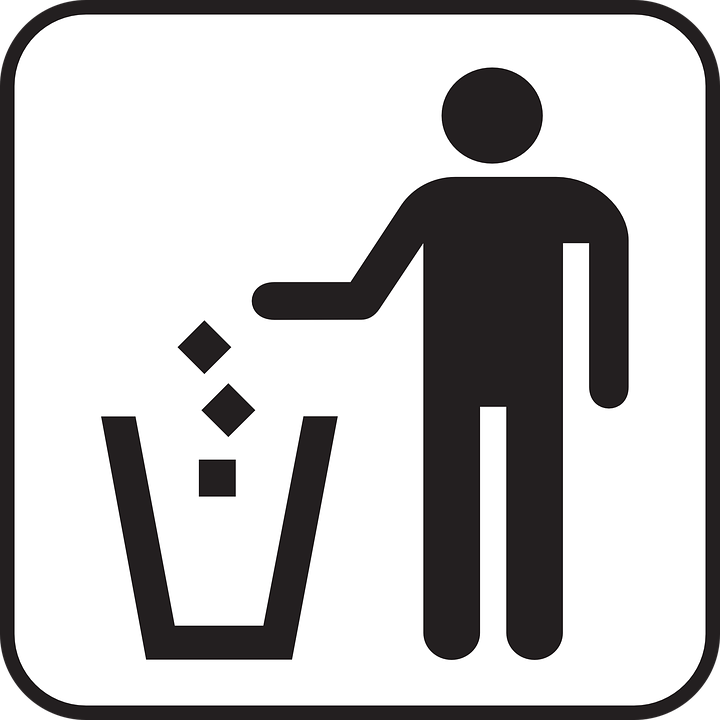Regular household solid waste can be disposed of in the trash bins located around our campuses. While our custodial staff makes every effort to dispose of recycled materials in the recycling dumpsters, they are not in the position of sorting thru solid waste bins. So please make every possible effort to dispose of any recyclable waste into the appointed recycling bins.
PPSC offers Single Stream Recycling services. Single stream means that paper, glass and aluminum co-mingle in the same bins. See what can and cannot be recycled in our Recycling Guidelines
Also please take a look at what our PPSC Sustainability Office offers to our community.
Pikes Peak State College supplies Sharps containers in designated restrooms. Healthcare patients who use syringes, lancets, and other sharp medical supplies should properly dispose of them separately from standard garbage. This reduces health risks to college maintenance personnel and also waste management workers. To find Sharps locations nearest you please visit our campus maps page. Scroll down to 'Service Maps' and click on 'Sharps Locations'.
Federal and Colorado State regulations identify materials that can be managed as universal waste. These materials include: batteries, pesticides, mercury-containing equipment, lamps, aerosol cans and electronic devices. Used batteries, produced in the line of state related work, can be disposed of via our battery recycling program.
The EPA defines hazardous waste as: a waste with properties that make it dangerous or capable of having a harmful effect on human health or the environment. This kind of waste must be kept separate from regular household garbage. Typical household (not commercial) hazardous waste is accepted from El Paso and Teller County residents at no charge.
Hazardous material spills (including biological, chemical and radiological material) pose a serious risk if not promptly and properly responded to by the individuals who initially identify the spill and response staff.
Pikes Peak State College takes pride in maintaining the human and environmental safety as it relates to spill prevention, control and countermeasures. PPSC follows the State of Colorado guidelines as illustrated in our Spill Prevention Plan (SPCC)
To prevent oil and other hazardous materials from entering college storm water inlet drains and into state waters, Spill Containment Barrels have been strategically placed throughout each campus. Procedure in the event of an emergency oil or other hazardous material spill can be found in Spill Containment Procedure (SPCC) more information on Containment Barrels in case of EMERGENCY

As a pet owner you can help, simply by picking up after your pet. Being a responsible pet owner not only keeps walking areas clean for everyone, but it also reduces contaminants in stormwater runoffs. Pikes Peak State College provides pet waste posts at each campus - for service dogs. Learn more by reading the Scoop the poop brochure and on the City of Colorado Springs webpage. You might be thinking that, since wildlife leaves scat all over the place already, it may be ok for your dog's waste to be left behind on paths and trails. That's inaccurate, read this blog post from Leave No Trace (Center for Outdoor Ethics) and see what researchers in Colorado’s Rocky Mountain National Park have learned.
As an automotive owner, or student in the Automotive Program, you can help by simply maintaining your vehicle and properly managing fluids. Drips and leaks may go unnoticed resulting in staining and puddling. Learn what you can do, and what you should avoid doing, in Oil & Automotive Waste Brochure
El Paso County Sponsors a yard waste collection program at Rocky Top Resources every Saturday. El Paso and Teller County Residents can drop off most yard waste (not including sod, dirt, or topsoil) at no charge with donations to Care & Share Food Bank of Southern Colorado.
Use commercial carwash facilities, where wash water is treated and cleaned before it is returned to our rivers and streams. If you wash your car at home please:
See City of Colorado Springs Car Washing tips for more information
